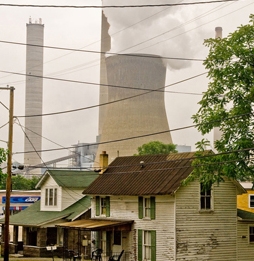Abstract
Inequality has important consequences for the extent of pollution and natural resource depletion as well as for the distribution of the costs and benefits from environmental degradation. Inequalities in the distribution of purchasing power operate through the market, and inequalities in the distribution of political power operate through governance institutions, often with mutually reinforcing effects.



